When was the last time you obtained quotes for your home and auto insurance? It is very, very important to carry both home and auto insurance. However, that does not mean that you should pay the highest dollar amount possible! Here are some tips to lower some of these costs and add some extra green to your budget.
Homeowners Insurance Tips:
If you have auto insurance or some other insurance, ask for a “bundle” discount.
Consider increasing the deductible to reduce your premium costs. If you are managing your money well and have built your emergency fund to at least three months of expenses (Rung #5), you may consider increasing your deductible. This can result in a substantially lower insurance premium.
Example: If you increase your deductible from $500 to $1000 and the premium drops to $400 a year, this is probably a no-brainer. The premium is the only cost guaranteed to happen, and an event requiring the use of the insurance is not. If you are able to make it fourteen months without a claim, you will come out ahead financially. Even if a claim happens two years down the road, you will pay the $500 more in deductible, but you will have saved $800 in premiums (two years at $400 per year in reduced premiums due to increasing the deductible by $500).
Shop around for the best rates every two years.
Obtain a minimum of three quotes – one of them being from an independent insurance agency.
Auto Insurance Tips:
Always have auto insurance.
Bundle with other types of insurance to get discounts.
Shop around for the best rates every two years.
Obtain at least three quotes – one of them from an independent insurance agency.
Obtain quotes with different deductibles.
Obey the traffic laws.
Be very cautious buying car insurance from family or friends without getting quotes from other places.
Try out some (or all!) of these tips and save some money today!

